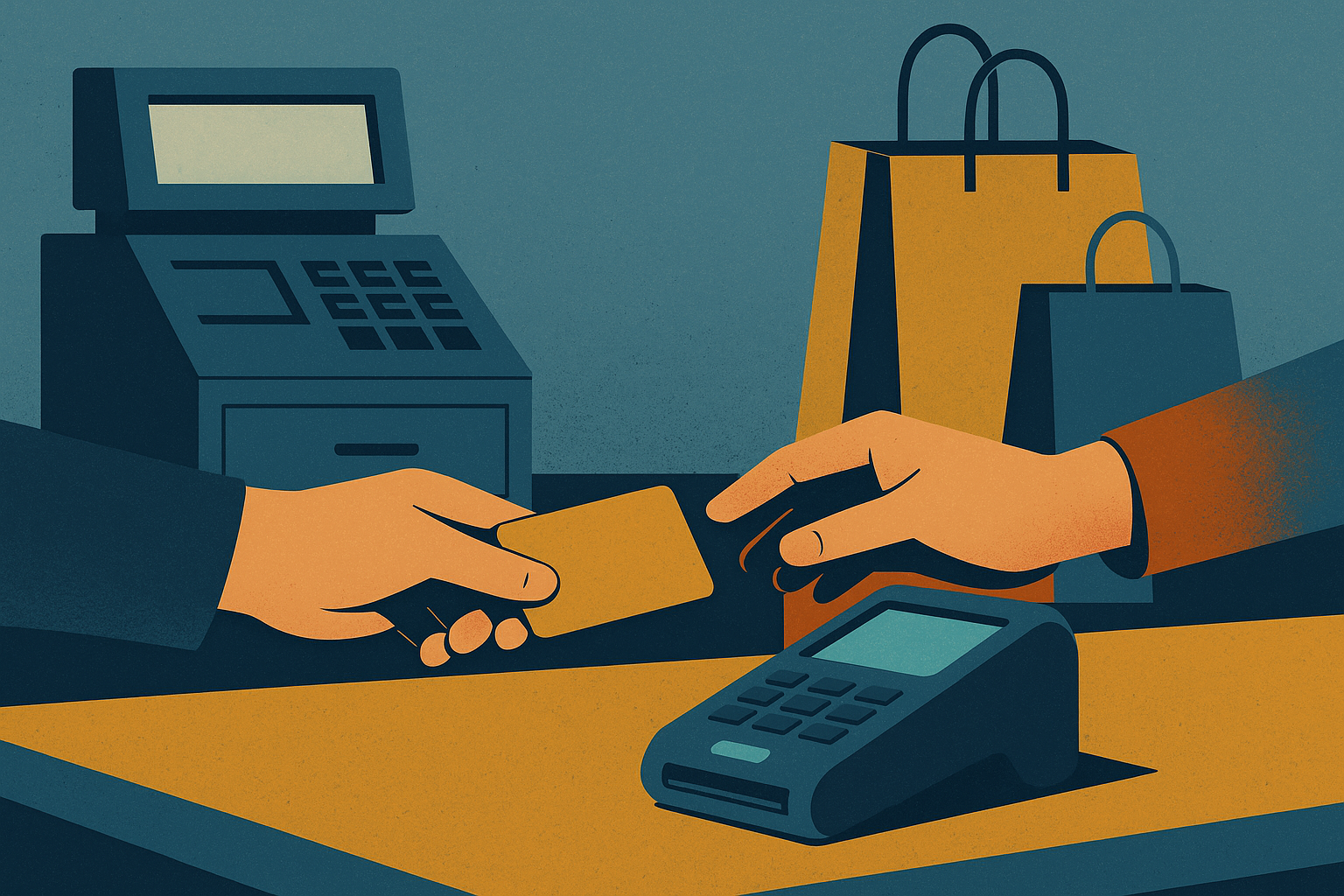Retail data may be showing signs of life across the eurozone, but it is not a return to business as usual. While consumer spending has stabilised in some markets, the foundations of that spending have changed. The post-pandemic European shopper is more cautious, more value-driven, and more discerning than ever — and that shift is forcing mid-sized businesses to rethink how they build trust, brand, and strategy.
Eurostat is set to publish June’s retail sales figures on 6 August, with analysts expecting a modest rebound following a sharp decline in May. Yet confidence indicators remain low, with the European Commission’s index stuck at -15.2 and ECB data showing that perceived inflation still far exceeds actual inflation. Economists now speak of an “inflation scar” — a lingering psychological effect from years of volatility, shaping consumer decisions long after price stability returns.
Rather than respond with discounts, many European B2C firms are adapting more strategically. Paul West, Strategy Director at global design studio Dalziel & Pow, sees a broader shift: “Brands are shifting the focus to how they can add meaningful value — helping customers on their journey through personalisation, purpose-driven experiences, and emotional connection.”

This sentiment reflects what market data confirms: value is being redefined. McKinsey reports that over 80% of European consumers plan to continue buying private-label products even if their personal spending power increases. Meanwhile, discounters are expanding beyond their traditional base, appealing to middle-income shoppers not just for price, but for perceived quality and simplicity. The middle of the market is being hollowed out.
Part of this shift stems from fatigue with large-scale e-commerce platforms. Lisa Desforges, Head of Strategy at B&B Studio, argues that consumer disillusionment runs deeper than price fatigue: “Enshittification — whereby online platforms initially attract users with high-quality services to then degrade the offering — is becoming our lived experience, with declining product and service quality fully visible to savvy consumers.”
Reports from EY and McKinsey highlight that a growing share of European consumers now cite “reduced reliability” and “declining product trust” as key reasons for disengaging from major online platforms. The reports may not be bold enough to directly label it ‘enshittification’, but they describe it nonetheless.
In particular, marketplaces such as Temu and Shein have become emblematic of the problem. They offer extreme value on price and novelty while stripping out other elements like brand trust, curation, fast and reliable delivery, and customer service — something that has ultimately worn down consumers. This erosion of quality has become a visible, measurable force in retail decision-making.
Platforms like Temu and Shein may still be growing rapidly in the EU, but their presence is fuelling demand for more transparent, reliable, and meaningful alternatives. In the tech sector, that means an entirely different product philosophy. Petter Neby, Founder & CEO at Punkt., says: “In today’s cautious European consumer market, one of the most striking moves among midsized B2C brands we are seeing in the mobile sector is the shift in thinking from fast obsolescence to intentional, privacy-first devices.”
Consumers now expect quality to be enduring, not seasonal — and they expect companies to communicate values as well as prices. That expectation extends to the smallest interactions, including the checkout experience. Ugne Buraciene, Group CEO at payabl., says: “European businesses and merchants must tread a careful line between providing a smooth checkout process and keeping their customers safe. 71% of European shoppers say they’d prefer a slower checkout process for increased security, meaning trust and safety remain non-negotiable.”
This week’s retail figures will offer a snapshot, but it’s safe to say that this isn’t a temporary phase of frugality. It’s a structural reset in how European consumers assign value and a recalibration of what earns their trust. Convenience alone won’t win them back. Business leaders must think longer-term: clarity, consistency, and community will define who stays relevant in a consumer landscape permanently changed.




